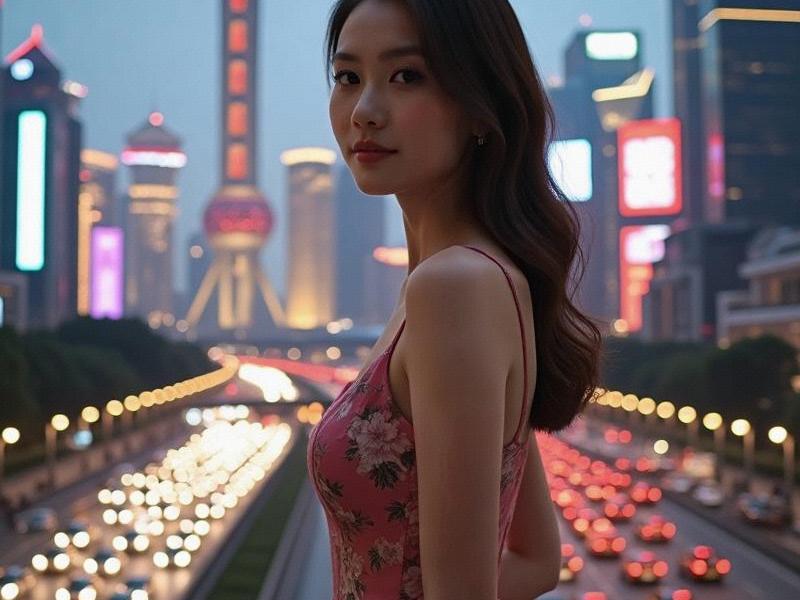
Section 1: The Shanghai Woman Archetype
1. Historical Context
- Treaty port era cosmopolitanism
- 1920s "Modern Girl" movement
- Socialist era equality legacy
2. Contemporary Identity Markers
- Bilingual competence
- Global-local balance
- Professional ambition
Section 2: Career Pioneers
1. Corporate Leadership
- Female executives in Fortune 500 China HQs
上海花千坊爱上海 - Financial district power brokers
- Tech startup founders
2. Creative Industries
- Gallery owners shaping art trends
- Fashion designers blending East-West aesthetics
- Digital media entrepreneurs
Section 3: Cultural Mediators
1. Fashion as Cultural Dialogue
- Qipao modern reinterpretations
- Sustainable luxury advocates
- Street style influencers
上海喝茶服务vx 2. Lifestyle Trends
- Wellness movement leaders
- Parenting philosophy innovators
- Domestic space reimagining
Section 4: Social Change Agents
1. Advocacy Work
- Professional women's networks
- Mentorship programs
- Gender equality initiatives
2. Representation Matters
- Media production roles
- Public discourse shaping
上海品茶工作室 - Social media influence
Challenges and Triumphs
1. Balancing Acts
- Career vs family expectations
- Ageism in the workplace
- Beauty standard pressures
2. Support Systems
- Multigenerational households
- Domestic help solutions
- Corporate diversity policies
Conclusion: The Shanghai Model
Shanghai's professional women demonstrate how urban Chinese women are negotiating modern identities - maintaining cultural roots while claiming new spaces in business, culture and society. Their experiences offer insights into China's evolving gender dynamics.
